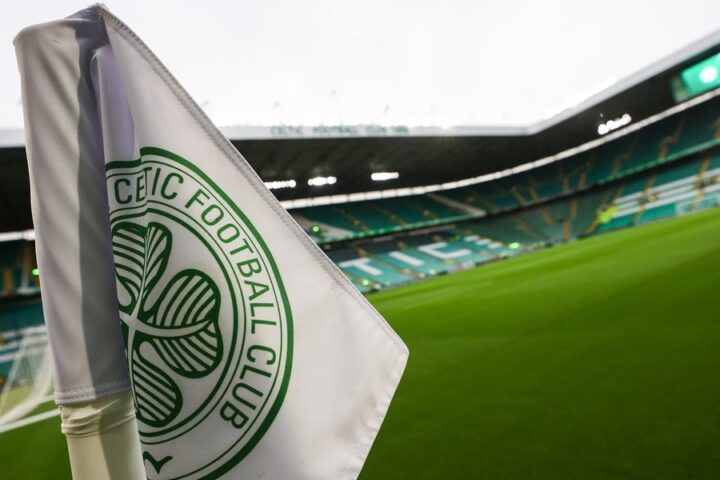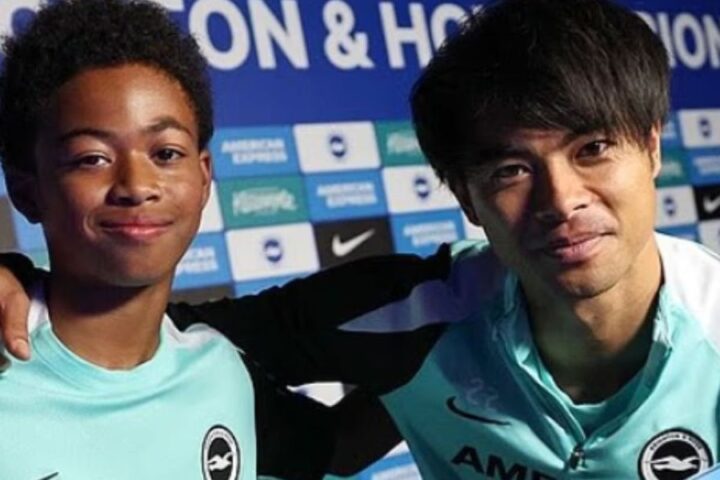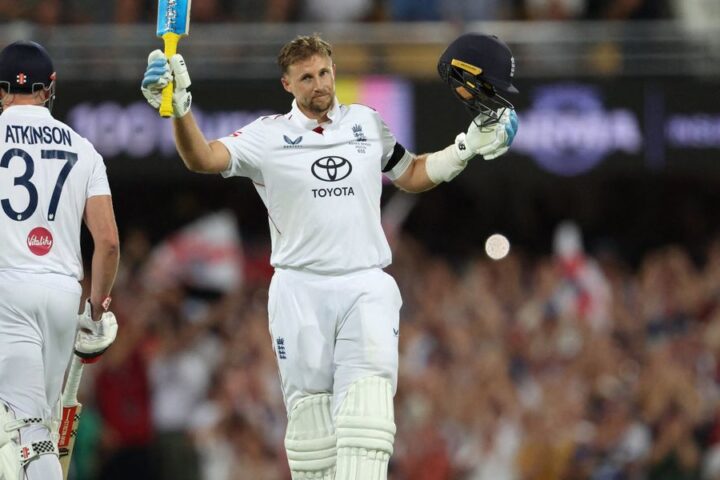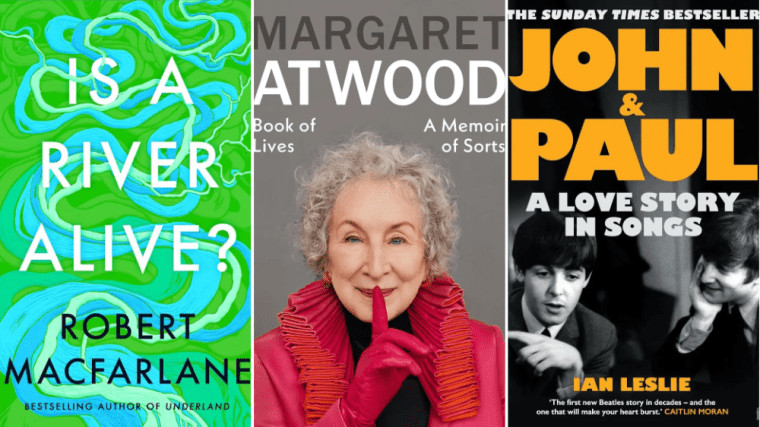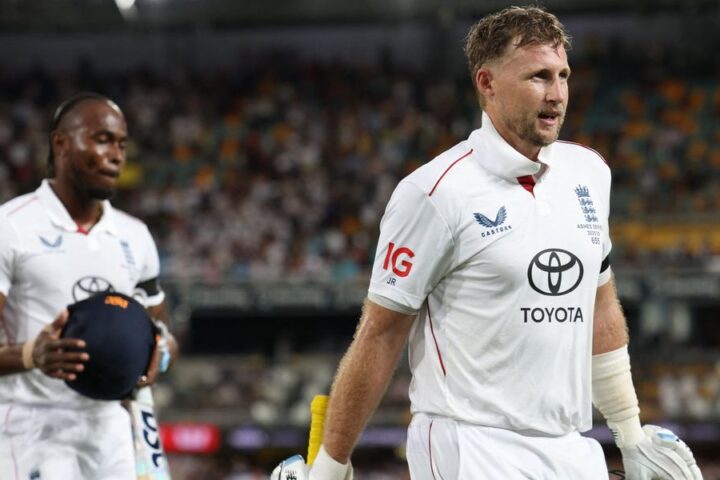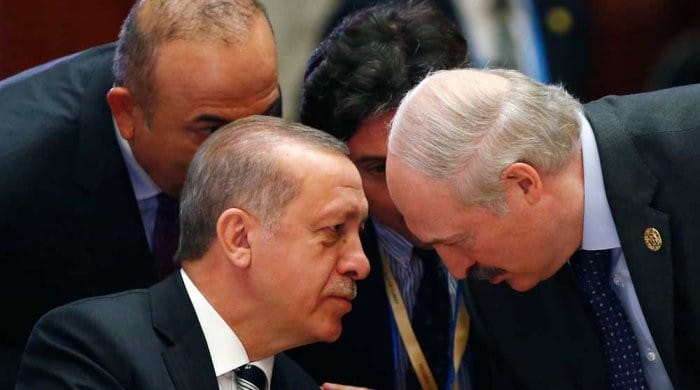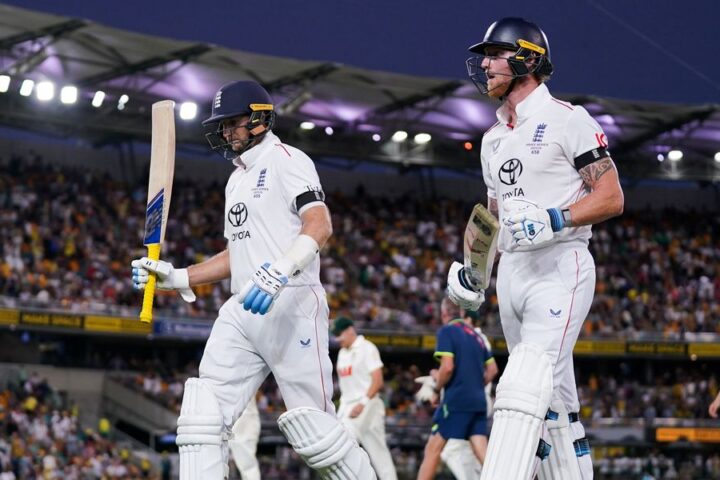Analysis: The addition of ladies’ football to the field of Gaelic games has transformed the sporting landscape for women on and off the pitch
Reporting on the inaugural ladies’ Gaelic football All-Ireland final in 1974, the Irish Press wrote that the occasion had ‘all the enthusiasm and thrills of many an All-Ireland in Croke Park’ as the game was fast and tough with plenty of footballing expertise on display.
Women’s Gaelic football was a new phenomenon that emerged in the 1970s. The Ladies’ Gaelic Football Association (LGFA) had only been founded in 1974, 90 years after the GAA had been set up to revive Gaelic games (albeit, only for men as it was considered ‘unladylike’ for women to play football). The growth of ladies’ football was spearheaded by pioneering teams who dared to show that ‘frail feminine fingers’, as described by the Evening Herald, were more than capable of getting to grips with a Gaelic football.
1970s: Tipperary
Tipperary were one of the first counties to embrace ladies’ Gaelic football and, fittingly, they were the inaugural LGFA All-Ireland champions in 1974. They went on to win back-to-back All-Ireland titles and were also crowned Munster champions five times between 1974 and 1980.
The strength of the game in the Premier County was epitomised by the fact that there were 15 teams in the county by the end of 1971, two and a half years before the LGFA was founded. Over the course of that year, 49 games were played which prompted future LGFA president Jim Kennedy to quip that ‘it’s beginning to catch on.’ Indeed, ladies’ football did catch on, and the legacy of this Tipperary team can be measured not just in the number of titles they won but also in their efforts (alongside their peers in the other founding counties) to get the game off the ground.
1980s: Kerry
Considering the strong tradition of Gaelic football in Kerry, it is perhaps no surprise that when ladies’ football took off, the women of the Kingdom would write their own history. When the Kerry women’s team beat Offaly in the 1982 All-Ireland final, Des Cahill reported that it was an act of avengement for the shock defeat the county’s men team had experienced at the hands of the Faithful county a few weeks earlier which put a stop to their dreams of winning a historic five All-Irelands in-a-row.
‘This was my first time at a ladies GAA game and, frankly, I was amazed at the level of skill, especially from the Kerry girls,’ admitted Cahill. Little did he know that Kerry women’s team of the 1980s would go on to become the most successful Gaelic football team of all time.
In an incredible feat never achieved before or since by an inter-county men’s or women’s Gaelic football team, Kerry won nine senior All-Ireland titles in-a-row between 1982 and 1990. On top of their All-Ireland medals, the team also won 10 Munster Championships in-a-row (1981 to 1990) and 11 National League titles in 12 years.
1990s: Waterford/Ballymacarbry
However, it is inevitable that all winning streaks will come to an end at some time. When Kerry’s did in 1991, it was at the hands of Waterford in the Munster final. Waterford went on to win that year’s All-Ireland, their first ever at senior level and their first of five in the 1990s.
Their rise to the top coincided with the success of its leading club, Ballymacarbry, whose players made up the backbone of the county team. Founded in 1970, it is the reported to be the oldest ladies’ football club in Ireland and also the most successful. Winners of the club All-Ireland championship a record 10 times between 1987 and 1998, Ballymacarbry have also won 16 Munster club titles, and a remarkable 42 consecutive Waterford county championships. Their county dominance only came to an end in 2024.
2000s and 2010s: Cork and Dublin
Cork burst onto the scene in the 2000s and are often regarded as the greatest team of the modern game. Cork were one of the founding counties of the LGFA, but they didn’t reach a senior All-Ireland final until 2005 such was the supremacy of Kerry and Waterford in their province in the preceding decades.
They dominated ladies’ football for much of the 2000s and 2010s winning 11 All-Irelands in 12 years. As with every great team in history, they were pushed to their best by their opponents. This was the case as a fascinating rivalry unfolded between Cork and Dublin. Dublin won their first ever senior title in 2010, defeating Tyrone (who had a shock win over Cork – who were going for their sixth title in-a-row – in the semi-final).
The following year, Cork met Dublin at the quarter-final stage in a tense and close encounter which Cork won by a single point. In 2013 the two teams faced each other again at the quarter-final stage. Earlier that season, Cork’s march for 10 Munster titles in-a-row was ended by Kerry which prompted Juliet Murphy to come out of retirement to help Cork rescue their season. Murphy steered Cork to to an incredible comeback against Dublin: nine points down with 20 minutes left, Cork scored 1-10 with no reply from Dublin to win by four points.
Cork pulled off another remarkable comeback the following year, also against Dublin. This time, it was in the All-Ireland final when they were 10 points down with 15 minutes remaining, but somehow found a way back and won by a point. In the 2015 and 2016 deciders, Dublin were again on the losing side as Cork claimed their tenth and eleventh All-Ireland titles. However, the battles with Cork paid off and Dublin won four All-Irelands titles on the trot between 2017 and 2020.
As two of the great modern ladies’ football teams, Cork and Dublin raised the standard of women’s inter-county football on the pitch, but they also helped to raise the profile of the game. From the 2000s onwards, interest in ladies’ football exploded as seen by increased participation numbers and record attendances of over 50,000 at Croke Park for the annual LGFA finals.
Indeed, in the broader story of Gaelic football, we should remember that the story of ladies’ football is one that both celebrates sporting achievement and challenges the status quo in sport and society. The addition of ladies’ football to the field of Gaelic games has transformed the sporting landscape for women on and off the pitch.

